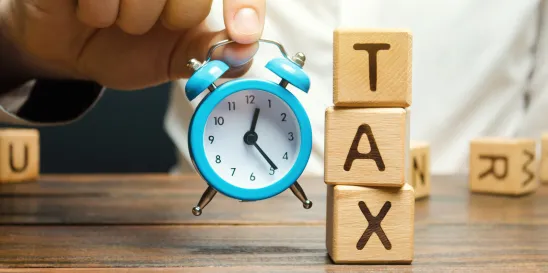On December 27, 2023, New York State’s draft regulations implementing corporate tax reform measures, introduced by 2014 legislation amending New York State’s Article 9-A corporate franchise tax, became final. The new regulations are retroactive to January 1, 2015, and include massive changes to the way virtual activities within New York affect a company’s ability to claim protection from New York State corporate income taxes under Public Law 86-272.
P.L. 86-272 is a 1962 federal law that protects a company involved in interstate commerce from taxation in a state where their only activities are the solicitation of sales for tangible personal products, where orders are sent outside the state for approval and are filled from a point outside of the state. Other de minimis activities in connection with such solicitation will generally not expose a company to taxation in a state. New York has long adopted this protection in 20 NYCRR 1-3.4(b)(9T), (Repealed December 27, 2023).
In 2022, the Multistate Tax Commission revised its Statement of Information on P.L. 86-272 in light of the Supreme Court’s decision in South Dakota v. Wayfair, Inc., 138 S. Ct. 2080 (2018), which removed the physical presence requirement for a company to have nexus in a state. Though that decision involved a sales tax case, the Multistate Tax Commission applied this broader principle to P.L. 86-272, considering virtual activities which may expose a company to state income and franchise tax liability regardless of whether they are physically present in the taxing state.
New York has now adopted a similar position under 20 NYCRR 1-2.10. Under these new regulations, maintaining a website that is accessible in New York may expose an out of state company to New York tax where certain virtual activities take place which are considered more than mere solicitation of sales.
One potential issue is offering after-sale customer assistance through either email or a website chat function. While a website’s static FAQ page is permissible under the new regulation, interactive online customer assistance is expressly outside the protections of P.L. 86-272.
Another new consideration is the treatment of “cookies” gathered by a website. While certain categories of cookies are considered ancillary to the solicitation of sales, namely those which store customer information, what items are placed in a shopping cart and which items were viewed in a previous browsing session, little guidance is given as to many other categories of cookies. The types of cookies left in limbo under the new regulation include some essential cookies used by virtually all websites, including load-balancing cookies that connect information between user and host web-servers. The list also includes non-essential cookies like analytics and customization cookies which allow the website owner to better understand site traffic, advertising cookies which customize a user’s ad experiences and social networking platform tracking cookies. Some of these categories are typically third-party cookies which are placed on a website by parties other than the website’s owner. New York’s regulation fails to address whether such third-party placement would be treated differently than first-party cookies placed directly by the website’s owner in determining that owner’s protection under P.L. 86-272.
Given how new this regulatory framework is, there is not yet a great deal of guidance as to how the regulations will apply in individual factual circumstances. In the coming months and years, nuances will emerge as taxpayers apply the regulations, and New York begins to challenge such application in the audit process. However, it is apparent that companies maintaining a website that rely on P.L. 86-272 protection in New York should conduct a robust review of how that website is set up to ensure it does not inadvertently expose them to taxation in New York under this new regulatory framework.





 />i
/>i

